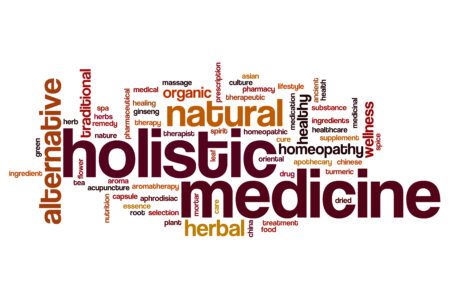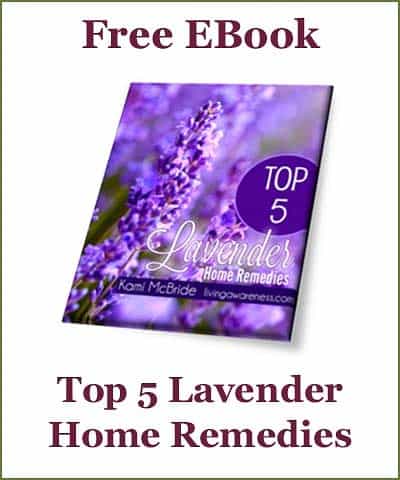Here is an article I wrote for Mother Earth Living. People are always asking me how to go about getting holistic support for their healing journey so I put together this source to help make things a little easier.
To really understand the difference, we first need to define conventional Western medicine, which is the most widely accepted form of healthcare in the United States.
Conventional Western medicine focuses on the treatment of a problem and the easing of symptoms; however, it often overlooks discovering the root cause of the issue. The Western approach also sees the body as a band of independent systems, with doctors focusing their treatments on a single area, like the cardiovascular system or the reproductive system.
Consultations in conventional Western medicine are usually fast and impersonal, spending as little as 5 to10 minutes with patients. This rushed and often detached form of healthcare makes it easy to understand why people are looking for more holistic and integrative approaches.
I taught at the University of California San Francisco (UCSF) School of Nursing in the Complementary and Alternative Medicine Department for years, and, as an herbalist, teacher, and author, I have spent decades helping my students understand–and navigate–natural healthcare options.
While phrases like “holistic” and “alternative” may sound similar, they have nuances that are helpful to understand.
These differences are especially important to know if you’re in the process of assembling a natural healthcare team, which we can all benefit from having in place to build our everyday vitality and help prevent illness.
What is “Holistic” Care?
What is INtegrative Medicine?
What is Alternative Care?
To read the full article, click here.





Kami, this was an excellent article. I am currently studying holistic nutrition. I have followed you for many years. Thank you for your knowledge. I would love to meet you sometime. My goal is to use herbs and nutrition to help people. I hear herbal nutritionalist is a thing.
Thanks
Karla
Kami, I cannot make a commendation for your that would truly express how deeply grateful I am for all that you have taught me. I am still using this wisdom to maintain my health and that of my husband, and family. I will be forever, and eternally thankful, for the steps that led me to you. You are a phenomenal herbalist and you are smarter about how to remain healthy than most doctors I have talked with. I am not demeaning them in any manner. It’s just that your goal is to keep people out of the doctor’s office. I… Read more »